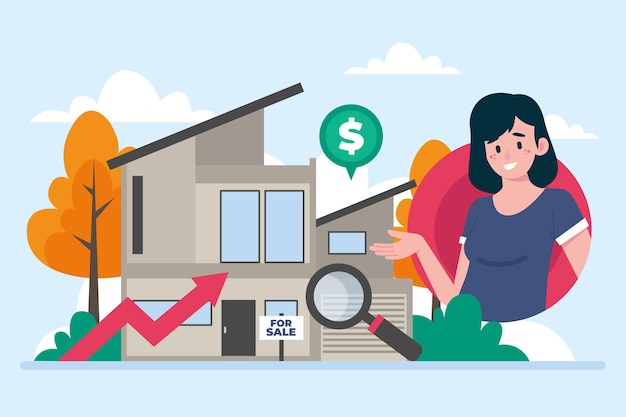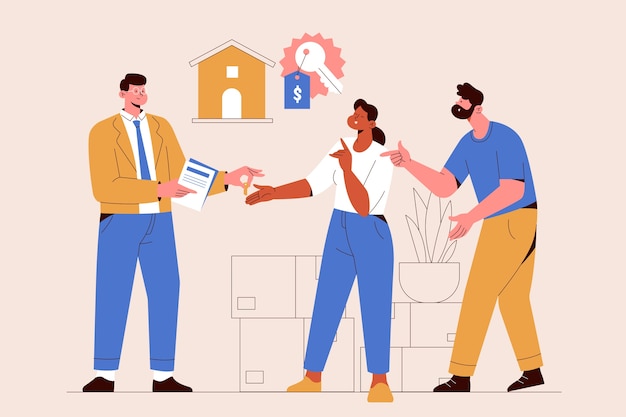
Are you struggling to meet your mortgage payments? Concerned about potentially getting calls from creditors or even losing your home? This struggle is not unique to you. Since 2008, a considerable number of individuals have been forced out of their homes due to their inability to manage the monthly payments, ultimately resulting in foreclosure. Thousands of houses are vacant today due to unconventional mortgage arrangements, like 0% down payments or adjustable-rate mortgages.
If you’re among those grappling with the rigors of regular mortgage payments, there are avenues to explore.
CAN I DECLARE BANKRUPTCY ON MORTGAGE ONLY?
In the event you’re lagging behind on your mortgage payments but maintaining your other financial commitments, regrettably, it’s not possible to declare bankruptcy solely on your mortgage. The same applies if you’re defaulting on a second mortgage but keeping up with your first.
Bankruptcy filings require inclusion of all your debts. Armed with this, creditors can’t contact you about repayments. A Chapter 7 bankruptcy, however, would unfortunately lead to your home’s liquidation so as to pay off your debts. If you can afford repayments on your debts, a better option would likely be filing for Chapter 13 bankruptcy, where you could retain assets like your home and retirement funds.
DO I HAVE OTHER OPTIONS APART FROM BANKRUPTCY?
If your reasoning for considering bankruptcy is mainly tied to your mortgage, there are several alternative options.
1. Mortgage modification: Over recent years, numerous Americans have been able to retain and stay in their homes thanks to loan modifications. You qualify for a loan modification application irrespective of whether you are current on payments, lagging behind, facing foreclosure, or declaring bankruptcy. Banks often prefer engaging in mortgage modification agreements as it ensures they get their money, without the expense and time-consuming process of foreclosure.
2. Reviewing your equity: If you are current on your first mortgage but lagging behind on the second, evaluate if you have sufficient equity in your home for refinancing. The funds from the first mortgage may assist in getting current with your second.
3. Temporary payment cessation: If you need a temporary financial reprieve, you might consider halting payments. Although this will eventually stir the foreclosure process, some states allow for the process to restart when you resume payment. Though not an ideal solution and potentially viewed as unethical by some, the risk of losing your home remains.
If you’re falling behind on your mortgage and mulling over bankruptcy, keep in mind these alternatives before making such a substantial decision as filing for Chapter 13 or 7 bankruptcy. It may be prudent to reach out to your bank, discuss your situation, and see if they are willing to work out an agreement with you.


